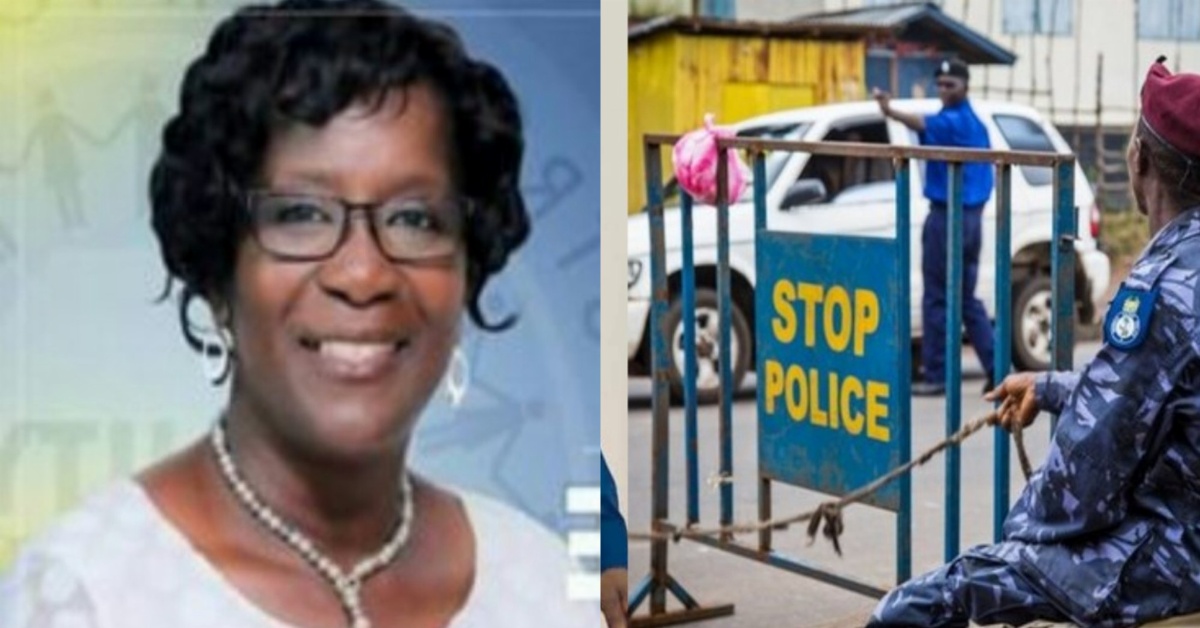Femi Claudius-Cole, Chairperson of the Unity Party and a respected voice in civil society, has issued a strong appeal to the Inspector General of Police and other security agencies, decrying what she describes as widespread extortion and harassment at security checkpoints across the country.
In a letter dated June 12, 2025, Claudius-Cole expressed deep concern over the behavior of some security personnel stationed at checkpoints, particularly along district roads and near border areas.
While acknowledging the importance of checkpoints for national security, she warned that many have become hotspots of “organized racketeering,” where both drivers and passengers are routinely harassed and forced to pay bribes.
“These checkpoints, intended for national security and public safety, are increasingly becoming sites of harassment, intimidation, and extortion,” she stated. “Drivers are routinely stopped, aggressively questioned, and forced to pay money at nearly every checkpoint regardless of whether any violation has occurred.”
According to Claudius-Cole, checkpoints are often placed only a few feet apart, with each demanding payment from passing vehicles, thereby adding financial pressure on public transport operators who must also meet vehicle owner payments, maintenance costs, and family responsibilities. The cost of these unofficial tolls, she noted, is eventually passed on to already struggling passengers.
She also highlighted the disrespectful treatment of passengers and raised concerns about the misuse of ID checks. “Are ID cards mandatory for internal travel within Sierra Leone? If not, then why are citizens being penalized for not carrying one?” she questioned, urging authorities to clarify the law and prevent further intimidation.
Claudius-Cole called on the Inspector General to take decisive action to address the issue, offering several recommendations:
Review and rationalize checkpoint protocols to ensure they serve legitimate security purposes.
Strengthen supervision and accountability for officers stationed at checkpoints.
Improve salaries and working conditions for security personnel to reduce the temptation of extortion.
Clarify ID requirements for internal travel to prevent unlawful harassment.
“These are not second-hand stories I speak from personal experience,” she emphasized. “Travel within our own country should not add another burden to our lives.”
Her letter has sparked conversation among citizens and advocacy groups, many of whom have echoed her concerns and called for urgent reform of checkpoint operations. With rising economic hardship and growing public frustration, Claudius-Cole stressed that restoring dignity, professionalism, and public trust in the nation’s security services is vital.
As of press time, the Sierra Leone Police had not issued a formal response to the concerns raised.












Thank you very much Ma. This unlawful harassment at various check points across SierraLeone has been a problem to us.